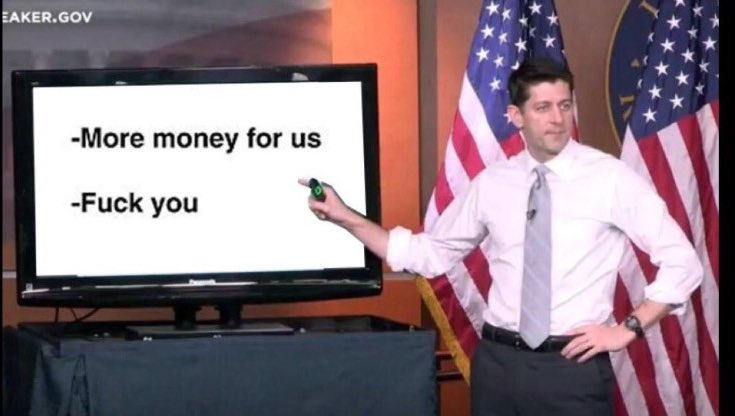Chesa Boudin, San Francisco's reform-minded chief prosecutor, was recalled by a wide margin on Tuesday. The media has been quick to hail it as a huge repudiation of the progressive approach to policing and prosecution. Those in the know, know it's hardly that simple. Boudin's position was precarious from the start, and the structure of a recall disadvantaged him greatly. Other progressive prosecutor sorts had great success in contests across California. San Francisco isn't even the largest population unit in its region. Boudin was unfairly blamed for an "increase" in crime that wasn't actually even real and for failures of policy around homelessness that were not in his portfolio.
These are fair points, and I think the accurate political commentator should take note of them. That said, I can't quite follow the notion that it is unfair of the media to treat this as a symbolic repudiation. After all, Boudin's victory was a symbolic victory. He got attention in a way that Contra Costa County's lead attorney never will. Certainly, the cheerleaders for a new approach to public safety had no interest on tamping down the meaning of Boudin's symbolism when he was winning -- "accuracy" be damned. So they can hardly complain when that symbolic weight also attaches to his defeat. That's the risk of propping up symbols. Symbolic victories become symbolic targets. It's the way of the political world.
For my part, just like with the last San Francisco recall my lukewarm take is that any take that promises a tidal change is probably wrong. The ideology behind progressive prosecution is not a slumbering giant of electoral politics, thirsted after by a silent majority crushed under the jackboot of the state. Many of the communities that are supposedly most victimized by overpolicing were the ones that turned against Boudin most sharply in the recall. Yet it was also absurd to ever imagine that the ideology behind progressive prosecution was ever going to finally and decisively sweep the field in one masterstroke. Like all political movements, its progress will be slow, incremental, prone to reversal, and prone to adjustment and compromise. It won't look the same at the end as it did at the start, and it almost certainly won't have in its victories the pristine purity its activist core imagined of it when they first started organizing. That's okay. That's the way it works. That's the way it always works. Win some, lose some. Push the ball forward more than you get pushed back. The Boudin recall is a datapoint -- but it's only one.


